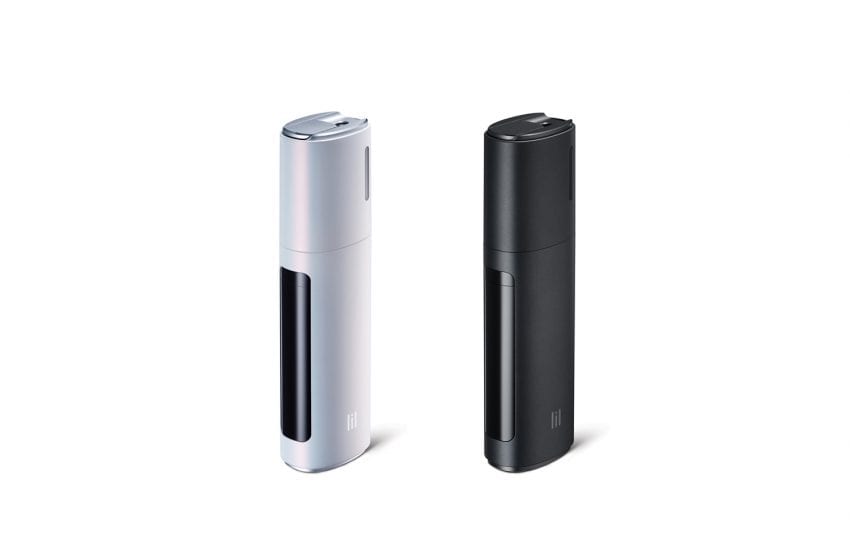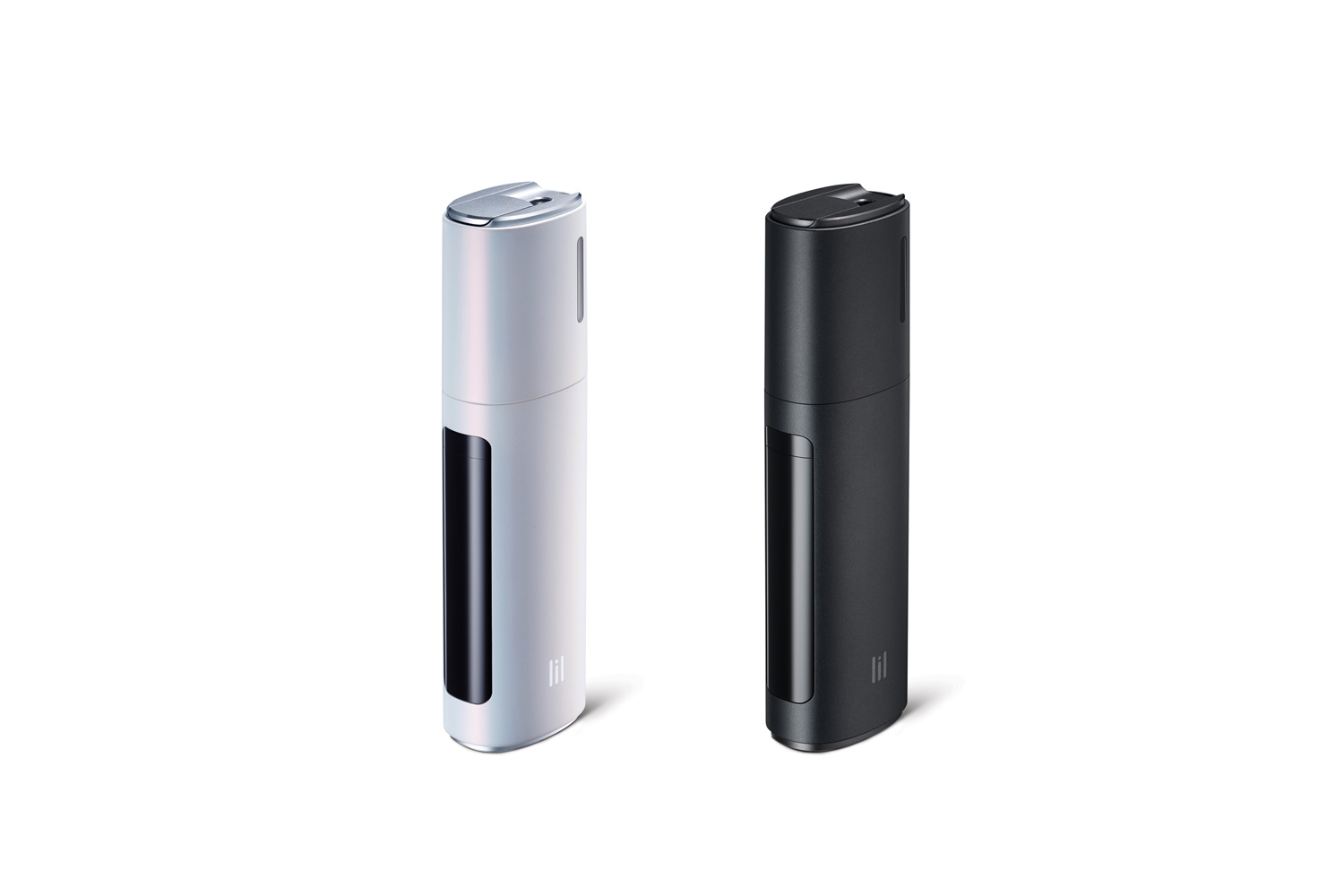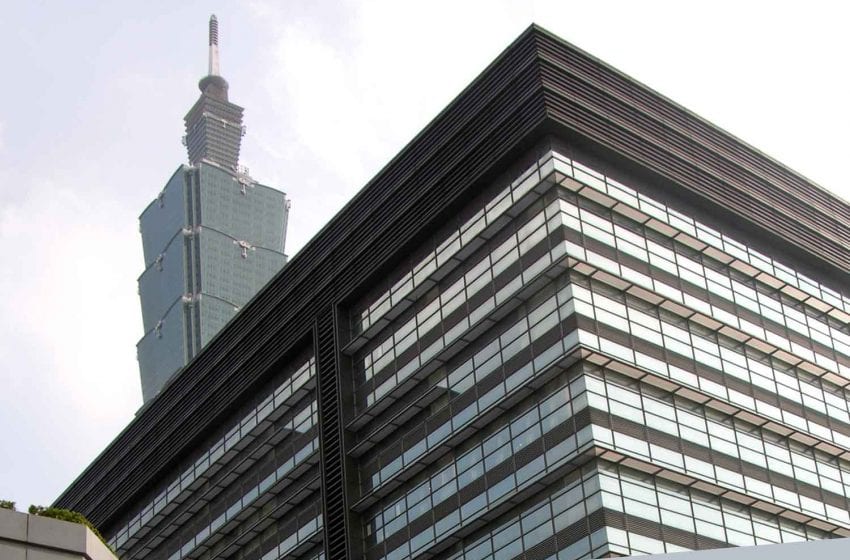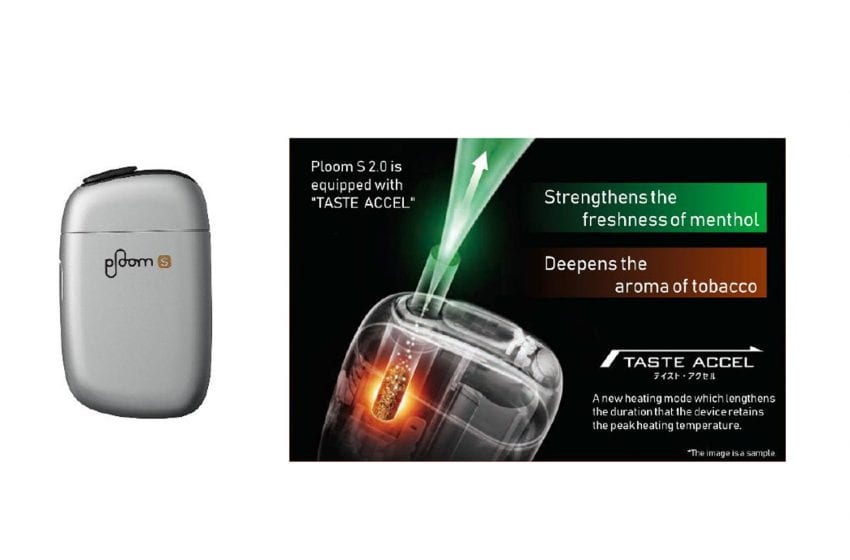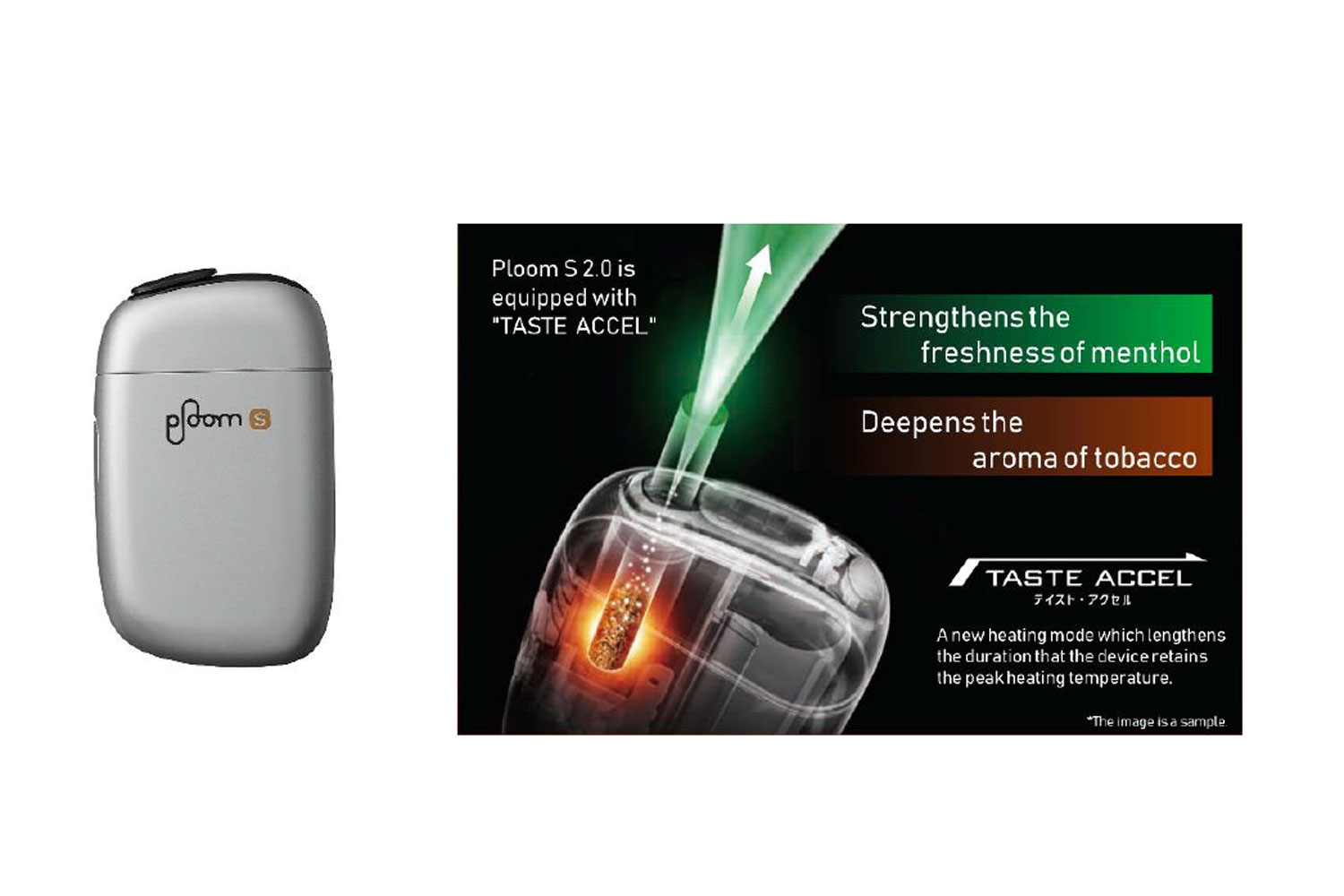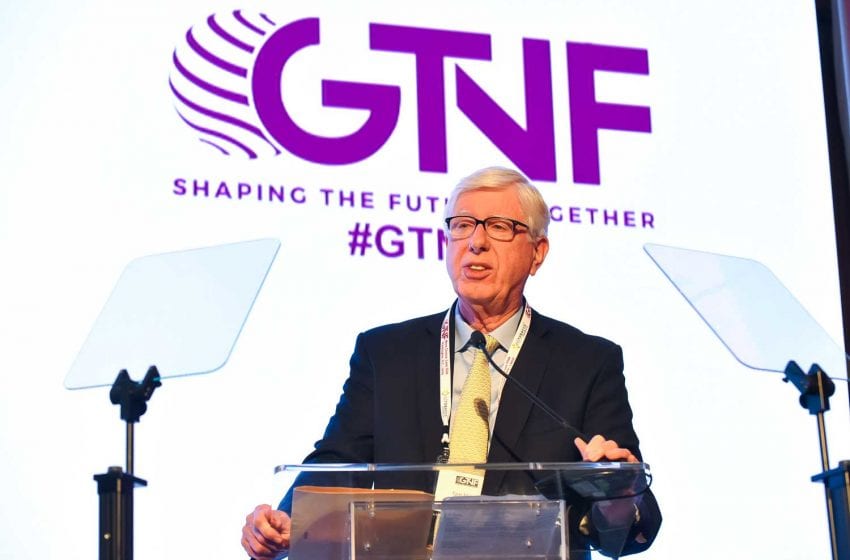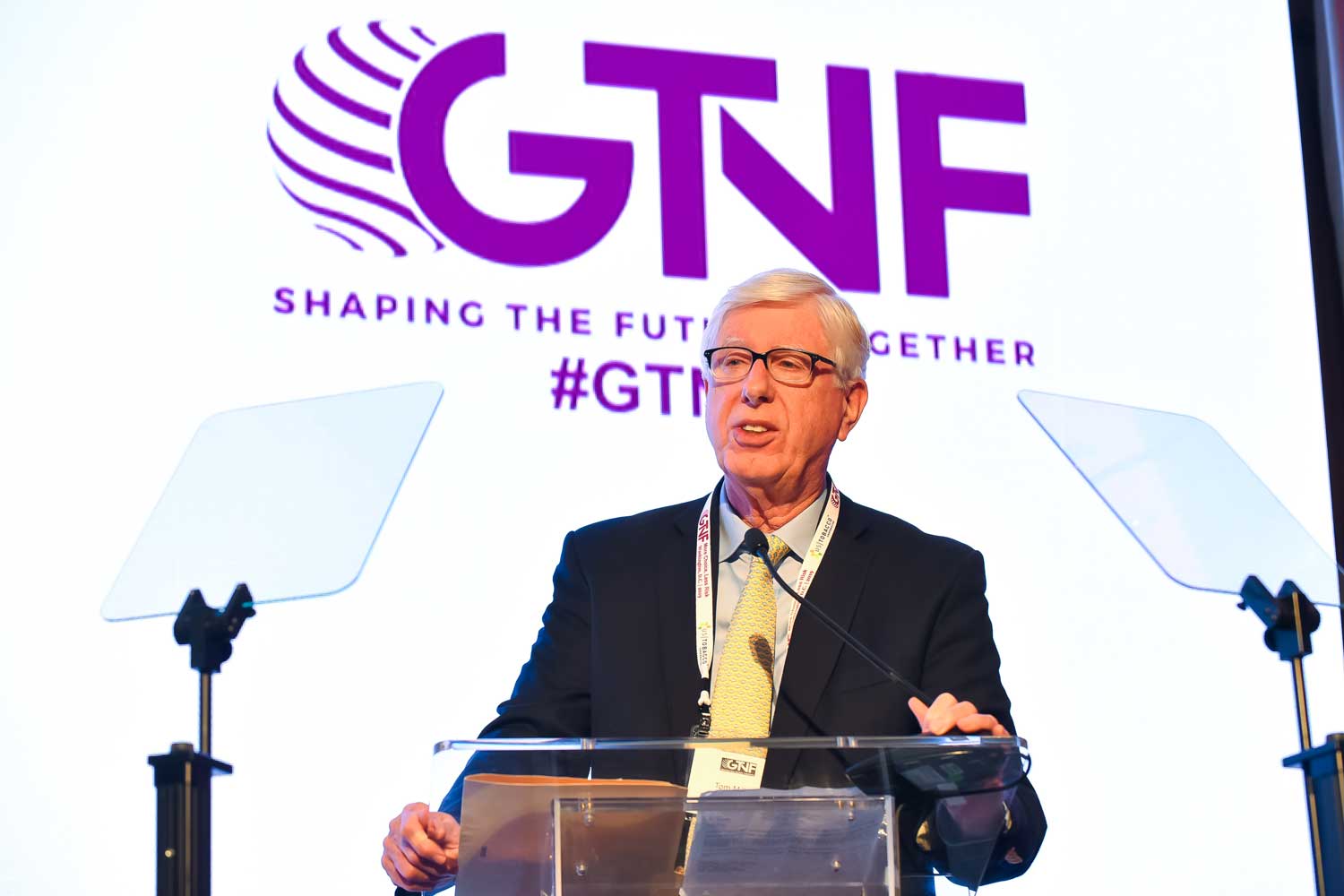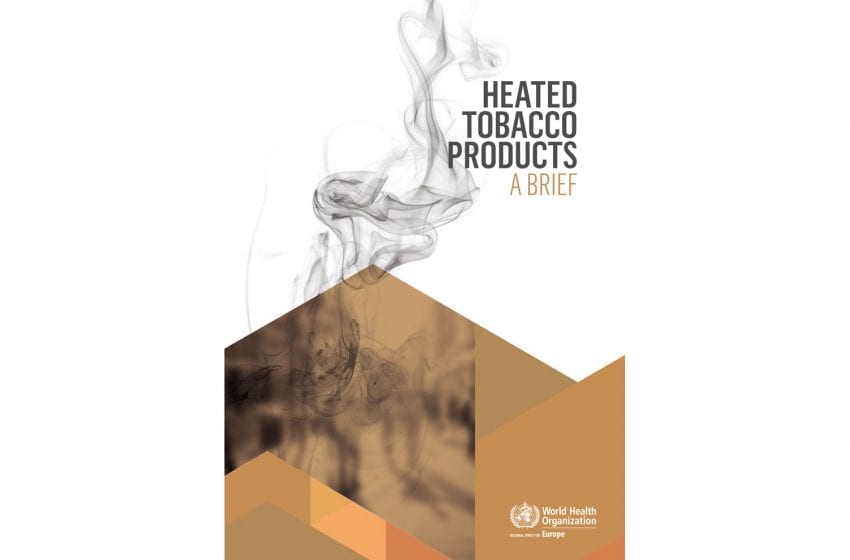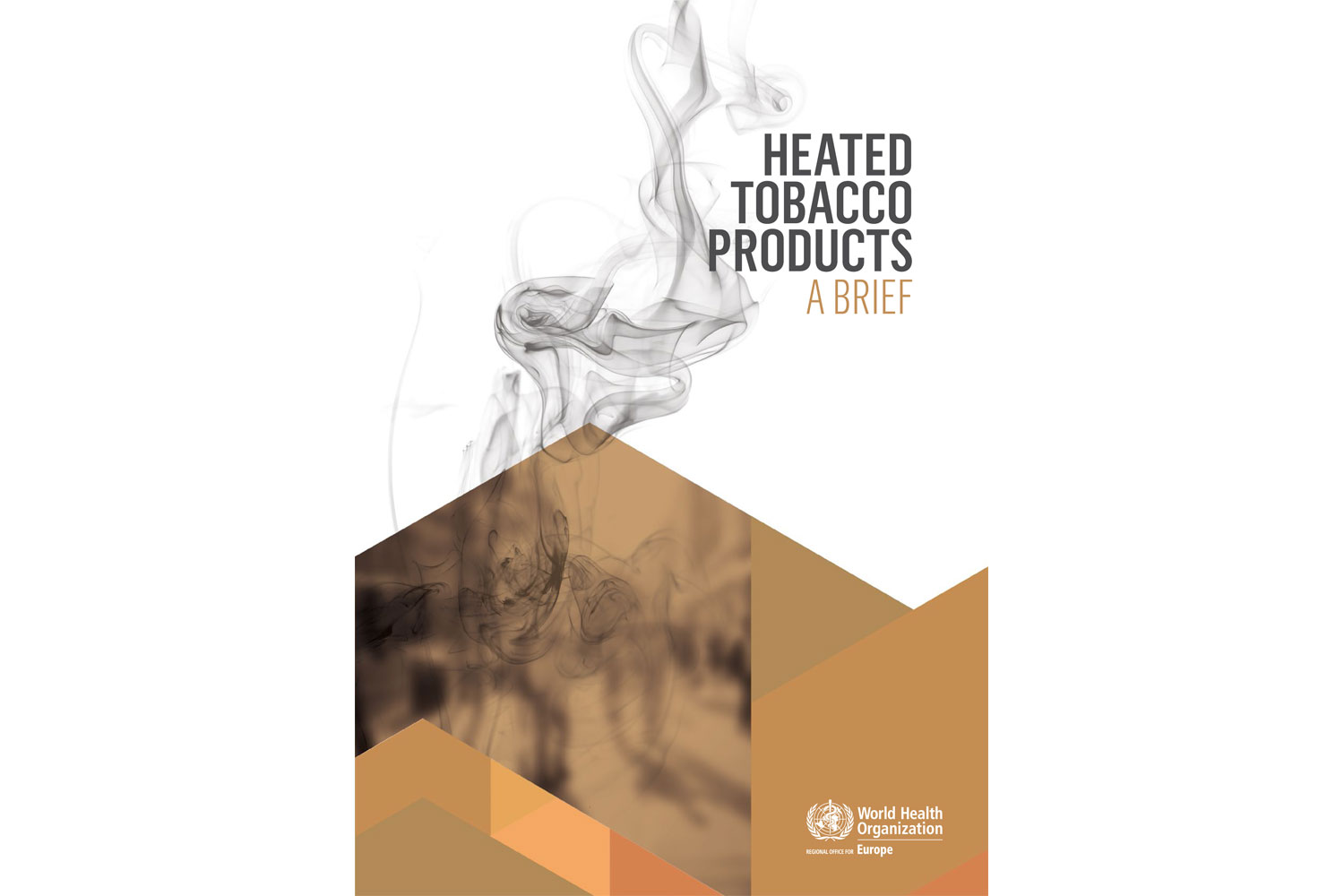
Australia’s Therapeutic Goods Administration (TGA) on June 10 in an interim decision rejected a request by Philip Morris Australia to adjust nicotine regulations in a manner that would allow the company’s heat-not-burn product (HTP) reach store shelves.
Currently, only combustible tobacco products such as cigarettes and cigars are permitted to be sold in Australia.
Philip Morris (PM) spokesperson Simon Breheny called the decision disappointing. “It puts Australia at odds with many other countries who have decided to regulate heated-tobacco and smoke-free alternatives,” he said.
“The right decision was made,” said Becky Freeman, a researcher from Sydney University’s School of Public Health. “They [HNB products] are not some miracle product that reduces smoking.”
While Breheny noted that PM will not challenge the interim decision, he maintained that a regulatory mechanism is the appropriate way forward. “People who are looking for these alternatives will continue to make the case for why they are important,” he said.
The TGA is scheduled to release its full final decision in August.




